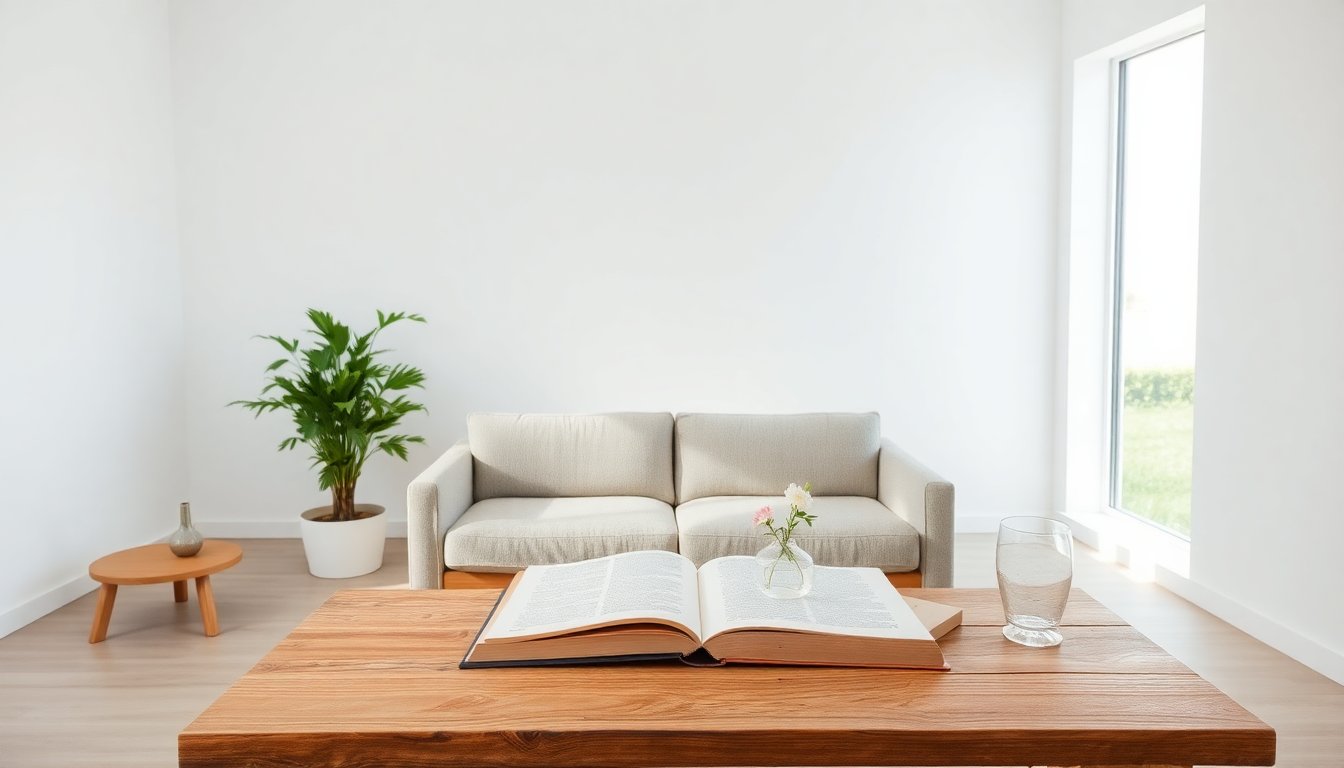Table of Contents
The essence of minimalism: more than just decluttering
Minimalism is frequently mischaracterized as a simplistic trend centered on decluttering physical spaces. In reality, it embodies a deeper lifestyle choice aimed at reducing excess and emphasizing what genuinely matters. This philosophy encourages individuals to prioritize experiences over possessions, fostering enhanced well-being and fulfillment.
The environmental implications of minimalism
In an era confronted with climate change and resource depletion, minimalism presents a meaningful solution. By adopting a minimalist lifestyle, individuals can substantially decrease their carbon footprint. For example, purchasing fewer items leads to reduced waste, which is critical in our fight against pollution and environmental degradation. Research indicates that minimalists typically prioritize quality over quantity, often investing in durable products that require fewer resources to produce and sustain.
Practical strategies for embracing minimalism
If you are contemplating a transition to minimalism, consider these actionable steps:
- Evaluate your possessions:Conduct an inventory of your belongings to identify what you truly need. This liberating process can facilitate the release of unnecessary items.
- Establish decluttering objectives:Set a goal to declutter a specific area each week. This gradual method helps prevent overwhelm while allowing you to track your progress.
- Transform your mindset:Shift your focus toward experiences and relationships rather than material possessions. This change in perspective can significantly enhance your overall quality of life.
Cultural influences: minimalism in art and design
The impact of minimalism transcends personal living spaces; it has significantly shaped various cultural fields, including art and design. Artists such as Donald Judd and Yves Klein utilized minimalism to convey the notion that sometimes less truly is more. Their works invite viewers to recognize the beauty found in simplicity and intent. In contemporary design, this principle is reflected in the emergence of sustainable architecture that emphasizes open spaces, natural light, and eco-friendly materials.
Looking forward: the future of minimalist living
As society progresses into the 21st century, the principles of minimalism are poised to gain increased relevance. With heightened awareness of environmental challenges and mental health considerations, many are beginning to appreciate the advantages of living with less. To stay ahead of emerging trends, consider incorporating minimalist practices into your lifestyle, such as digital decluttering and mindful consumption. These habits not only support sustainability but also contribute to a more intentional and fulfilling life.


